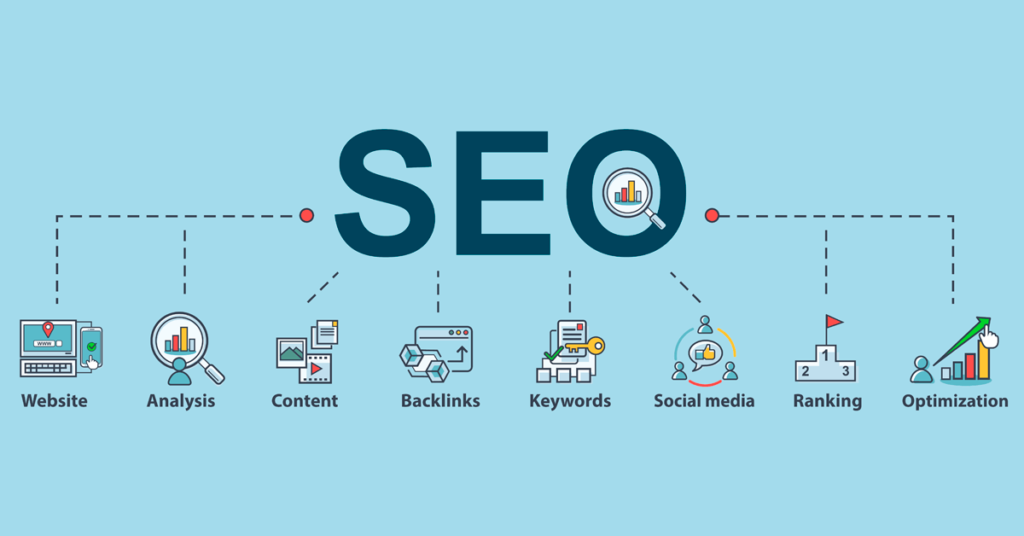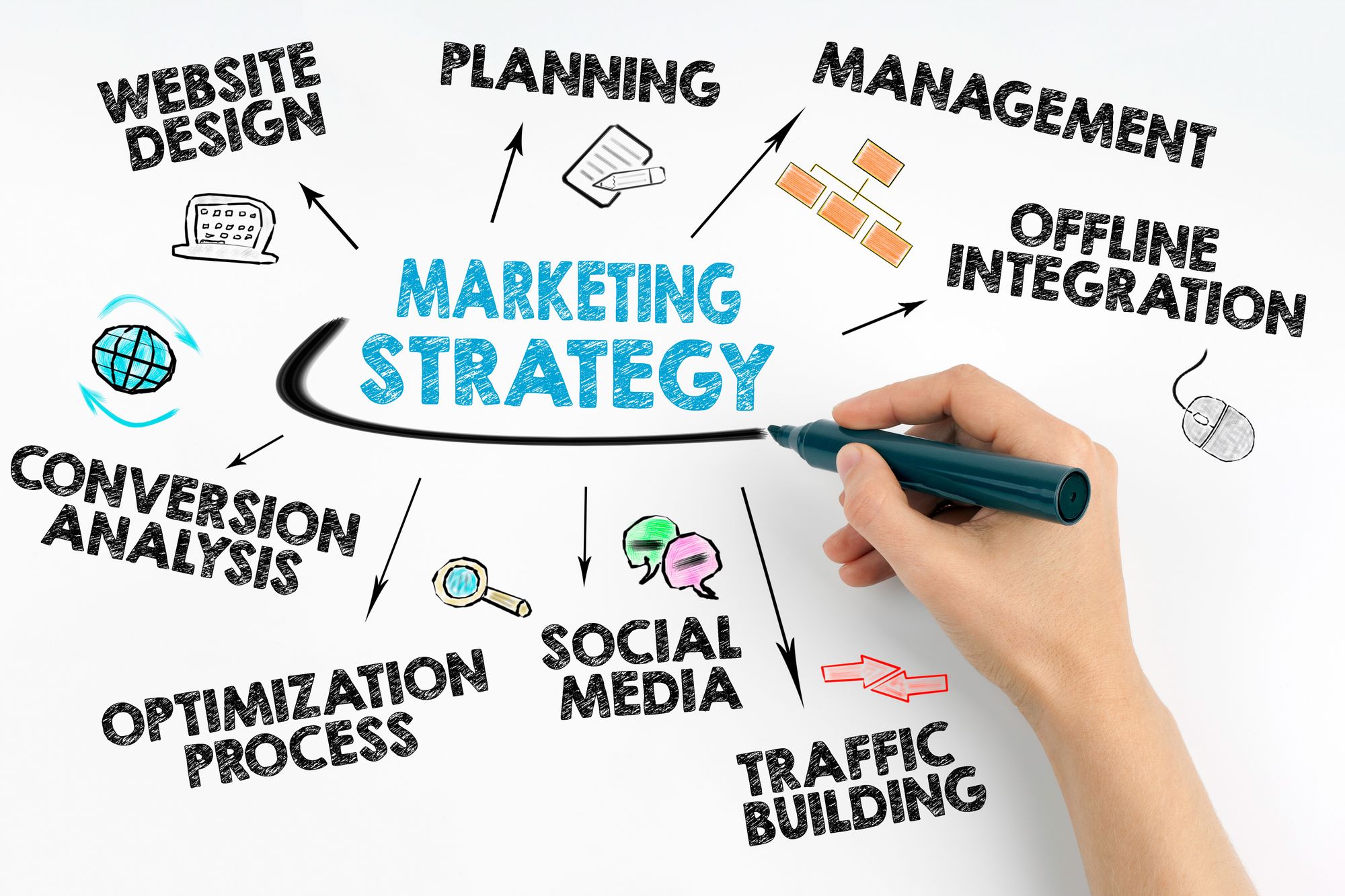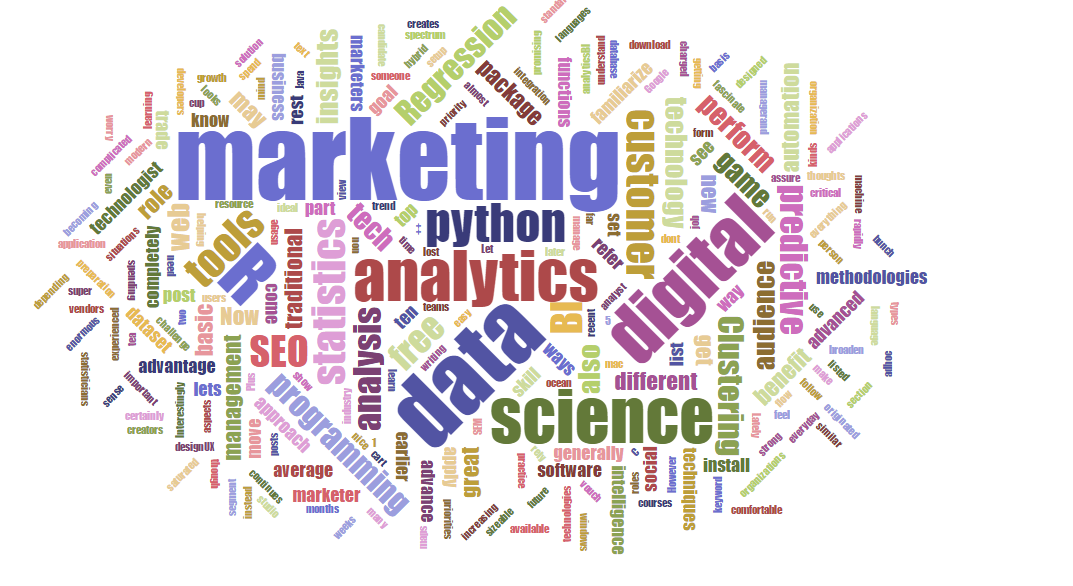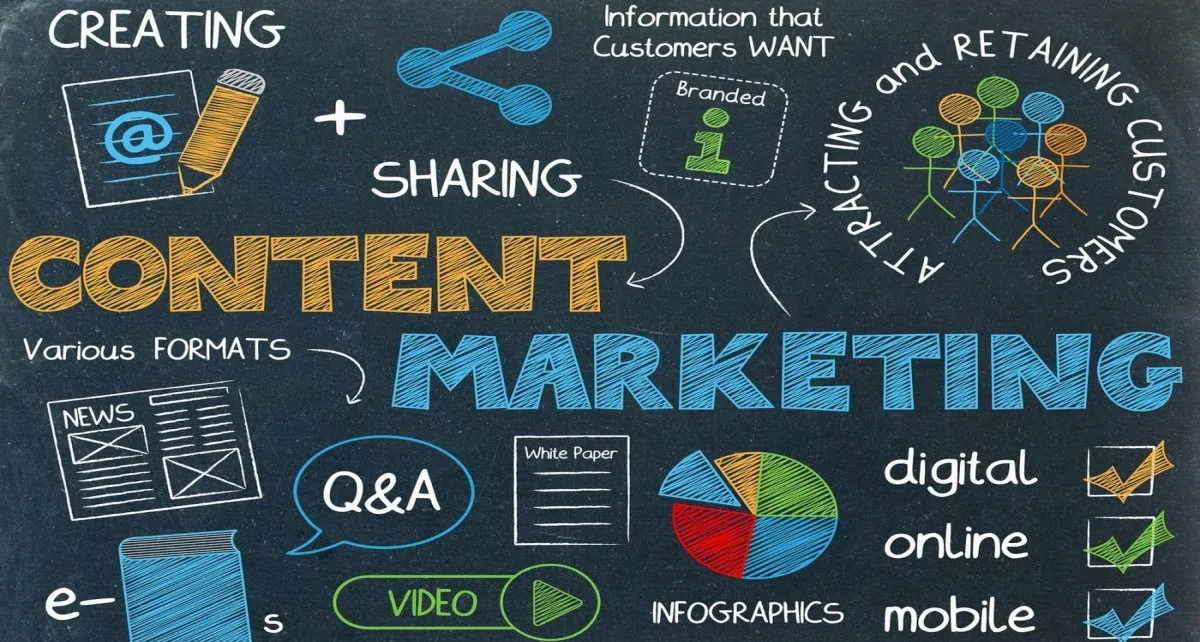Marketing is the backbone of every successful business. In a fast-paced world where competition is fierce and customer expectations are continually changing, staying ahead of the curve with innovative and effective marketing strategies is crucial. Whether you’re a small startup or a large corporation, implementing the right marketing strategies can drive growth, increase brand visibility, and strengthen customer loyalty. Here are the top 10 marketing strategies every business needs to know in 2025.
Key Takeaways:
- SEO is essential for long-term traffic and brand visibility.
- Content marketing helps build trust and authority in your industry.
- Social media marketing connects you directly with your audience.
- Influencer marketing can amplify your reach and credibility.
- CRM systems streamline customer interactions and improve retention.
Search Engine Optimization (SEO)

SEO is the process of optimizing your website and content to rank higher in search engine results pages (SERPs). With most consumers turning to Google (or other search engines) to find products, services, or solutions, SEO is one of the most effective ways to increase organic traffic to your website.
Why It’s Important:
- Increases Visibility: A higher ranking means more exposure to potential customers.
- Builds Trust: Websites that rank higher are often seen as more credible.
- Long-term Results: SEO delivers sustainable growth over time.
Best Practices:
- Conduct keyword research to identify high-traffic keywords.
- Optimize your website’s structure, metadata, and internal linking.
- Create high-quality, engaging content that answers customer queries.
Content Marketing
Content marketing involves creating and distributing valuable, relevant content to attract, engage, and retain a clearly defined audience. It’s not about directly selling but about providing information or entertainment that resonates with your audience.
Why It’s Important:
- Establishes Authority: Well-crafted content positions your business as an expert in your industry.
- Builds Relationships: Engaging content fosters trust and builds a relationship with your audience.
- Increases Conversions: Quality content can guide your customers down the sales funnel.
Best Practices:
- Regularly publish blog posts, whitepapers, and case studies.
- Use videos, infographics, and podcasts to diversify content types.
- Tailor content to different stages of the customer journey.
Social Media Marketing
Social media marketing involves using platforms like Facebook, Instagram, LinkedIn, and TikTok to promote your brand, connect with customers, and drive traffic. These platforms provide a unique opportunity to engage directly with your audience.
Why It’s Important:
- Builds Brand Awareness: Social media is an ideal platform to get your brand in front of a large audience.
- Engages with Customers: Real-time interaction helps build trust and loyalty.
- Cost-Effective: Organic reach and paid ads can provide excellent ROI.
Best Practices:
- Post regularly and engage with your followers.
- Use platform-specific content (e.g., Reels, Stories, Tweets).
- Run targeted ads to reach specific demographics.
Email Marketing

Email marketing is one of the oldest and most effective digital marketing strategies. It involves sending personalized, targeted messages directly to your audience’s inbox.
Why It’s Important:
- Direct Communication: Email is a personal channel that can foster strong relationships with customers.
- High ROI: Studies show email marketing yields a higher ROI compared to other marketing tactics.
- Automation: Emails can be automated to nurture leads and convert them into customers.
Best Practices:
- Segment your email list to deliver personalized content.
- Use A/B testing to improve subject lines, content, and calls-to-action.
- Monitor analytics to track open rates, click rates, and conversions.
Pay-Per-Click (PPC) Advertising
PPC is an online advertising model where businesses pay each time their ad is clicked. Google Ads and Facebook Ads are popular platforms for running PPC campaigns.
Why It’s Important:
- Instant Traffic: Unlike SEO, PPC can deliver immediate traffic to your website.
- Targeted Audience: You can target ads based on demographics, interests, and location.
- Measurable Results: PPC campaigns can be tracked and optimized for maximum ROI.
Best Practices:
- Conduct thorough keyword research to target the most relevant terms.
- Set clear goals and KPIs to measure the success of your campaigns.
- Optimize your landing pages for higher conversion rates.
Influencer Marketing
Influencer marketing involves partnering with individuals who have a strong online presence and a loyal following to promote your products or services.
Why It’s Important:
- Access to a Loyal Audience: Influencers have built trust with their followers, so a recommendation from them can significantly impact your sales.
- Enhanced Credibility: Associating your brand with an influential personality can elevate your credibility.
- Wide Reach: Influencers can help your brand reach new audiences you might not otherwise connect with.
Best Practices:
- Choose influencers whose values align with your brand.
- Opt for both macro and micro-influencers for a balanced approach.
- Track campaign performance using UTM links and affiliate codes.
Referral Marketing
Referral marketing encourages your existing customers to recommend your products or services to their friends, family, and colleagues. Often incentivized through rewards or discounts, referral marketing taps into the power of word-of-mouth.
Why It’s Important:
- Builds Trust: People trust recommendations from friends and family more than traditional advertising.
- Increases Customer Loyalty: Rewarding referrals incentivizes repeat business.
- Cost-Effective: Referral programs typically cost less than other marketing strategies.
Best Practices:
- Offer clear and compelling rewards for successful referrals.
- Make it easy for customers to refer others (e.g., shareable links, referral codes).
- Promote your referral program through email, social media, and your website.
Video Marketing
Video marketing involves creating and sharing videos to promote your business. This could include product demos, customer testimonials, behind-the-scenes content, and more.
Why It’s Important:
- Highly Engaging: Videos capture attention more effectively than text or images.
- Increased Conversion Rates: Video content helps customers make purchasing decisions faster.
- SEO Benefits: Videos on your website or YouTube channel can boost your search engine rankings.
Best Practices:
- Keep videos short, engaging, and to the point.
- Use captions to make videos accessible to a wider audience.
- Optimize video titles, descriptions, and tags for SEO.
Retargeting and Remarketing
Retargeting involves showing ads to people who have previously interacted with your website or app. Remarketing is similar, but it usually involves sending follow-up emails to encourage conversions.
Why It’s Important:
- Stay Top-of-Mind: Retargeting ensures that potential customers remember your brand.
- Boost Conversions: People who have already shown interest are more likely to convert.
- Cost-Effective: Retargeting generally has a higher ROI since you’re targeting a warm audience.
Best Practices:
- Set up retargeting ads on Google, Facebook, or Instagram.
- Personalize the ads based on user behavior (e.g., abandoned cart).
- Use frequency caps to avoid overwhelming your audience with ads.
Customer Relationship Management (CRM)
CRM involves using technology to manage and analyze customer interactions and data. It helps you better understand your customers, build stronger relationships, and improve customer retention.
Why It’s Important:
- Improves Customer Retention: Building strong relationship leads to long-term loyalty.
- Personalized Experiences: CRMs allow for personalized marketing efforts based on customer data.
- Streamlines Communication: A CRM system consolidates all customer interactions in one place.
Best Practices:
- Regularly update customer profiles with new information.
- Use automation tools to send personalized follow-ups or offers.
- Train your team to use the CRM effectively for improved customer service.
Also Read : Mastering Digital Marketing: Strategies For Success In The Modern Era
Conclusion
The digital marketing landscape is ever-evolving, but these top 10 strategies provide a solid foundation for any business looking to grow and succeed. By focusing on SEO, content creation, social media engagement, and leveraging emerging technologies like influencer marketing, businesses can build stronger connections with their customers and drive more meaningful results.
Adopting the right marketing strategies will not only help you gain visibility but also create loyal customers who will advocate for your brand. Stay adaptable, track your performance, and always be willing to test new ideas to stay ahead in the competitive world of digital marketing.
FAQs
What is SEO?
SEO (Search Engine Optimization) is the process of improving your website’s ranking on search engines like Google to increase organic traffic.
Why is content marketing important?
Content marketing helps build trust, establish authority, and engage with your audience by providing valuable, relevant content.
How does social media marketing benefit businesses?
Social media marketing boosts brand visibility, engages with customers directly, and helps drive traffic and conversions.
What is PPC advertising?
Pay-Per-Click (PPC) is a type of online advertising where businesses pay each time their ad is clicked, offering quick traffic and measurable results.
What is influencer marketing?
Influencer marketing involves partnering with individuals who have a large online following to promote your products or services.
How can email marketing improve sales?
Email marketing nurtures relationships with personalized content, encourages repeat business, and drives conversions.
What is CRM in marketing?
Customer Relationship Management (CRM) is a system that helps businesses manage and analyze customer interactions, improving retention and satisfaction.




